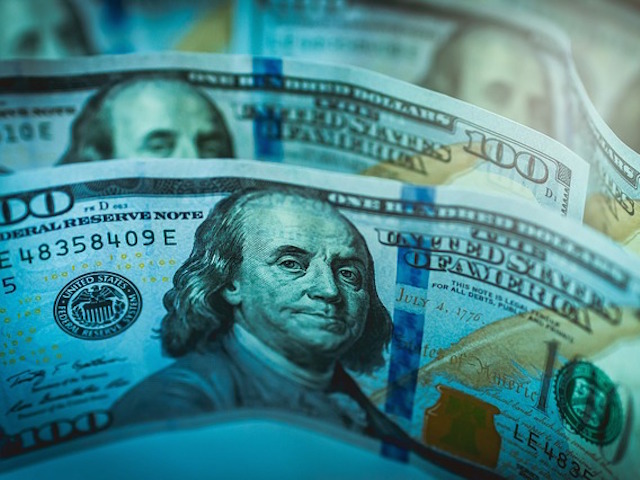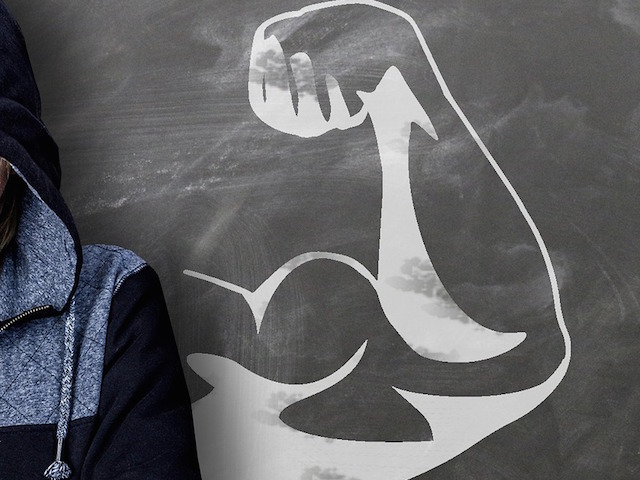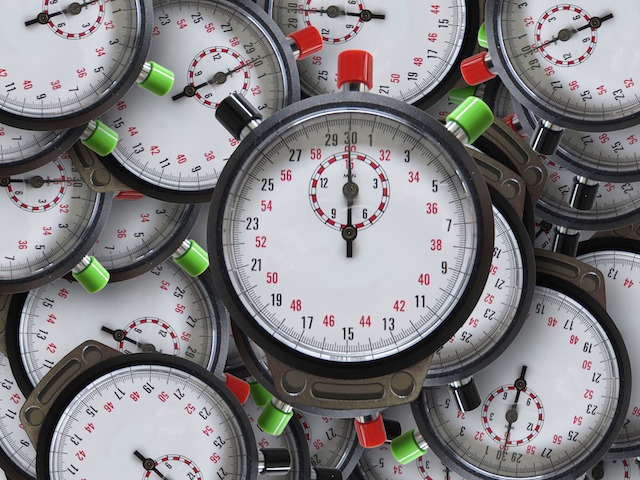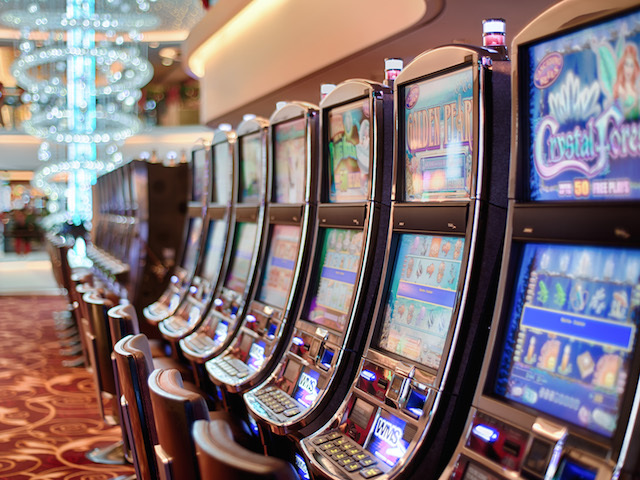To many advantage players, mispays are an important part of their bottom line. Even to a blackjack player employing basic strategy, a single paid hand that should have lost represents a small advantage over the house for a full hour of play.
To an AP who already has an edge over the house, mispays go a long way to make up for occasional playing mistakes, EV overestimation, and a variety of other issues that benefit from the mitigating factor of an extra chip here and there.
The ethics of handling a mispay are simple, in my view. It’s the casino’s job to ensure that their payouts are accurate, not yours. The casino will frequently make mistakes not in your favor, and it’s your responsibility to catch these mistakes. I was recently underpaid $1000 at a cashier cage—who do you think caught the error?
If you hit on a hard 19 and bust, the pit boss isn’t going to come over and let you rethink your decision. If you accidentally fold a paying hand and only realize it after the fact, that money is as good as gone. There’s no hand-wringing required: correct errors favoring the casino, and use your judgment when it comes to mispays in your favor.
Why not simply accept all mispays in your favor? The answer is mostly strategic.
I’ve returned mispays many times in a scenario where I’m playing with a partner who is betting significantly more money than I am. The potential scrutiny and small gain of accepting a mispay on my relatively small wager presents a very poor risk-reward scenario, especially if it means that my table is now under active surveillance, even if it is ostensibly just to prevent further mispays.
I’ve also returned mispays in situations where I’m fairly certain that my table is already under active surveillance. I’ve received very large mispays that had what I considered a very low chance of going unnoticed, during sessions that were almost certainly under active review. Returning these mispays arguably bought me some expensive brownie points; I may have assuaged at least some suspicion as a result.
I’ve also returned mispays for reasons that are not at all strategic. Perhaps I’m less ruthless than most APs, but I’ve played with dealers that are just plain having a rough day, and a mispay or two could get them some real heat away from the table. I’m going to get the money one way or another—sometimes I’ll let a little of it go back just to make a fellow human’s life easier. No apologies.
By the way, if you collect a mispay and a pit boss arrives a few minutes later to ask for it back, it’s usually wise to do so, without complaint. First, this tells you that your table is being watched—the delay in catching it usually indicates that surveillance saw it and made the call—and secondly, you have little leverage in this situation. Just give it back with a smile.
This is all well-worn territory, but there’s another side to the mispay coin that must be considered. There are cases where a dealer has made fairly egregious error, either in your favor or otherwise, that will likely jeopardize the longevity of a particular dealer-specific play.
For example, I once got a little greedy while playing a rookie dealer and accepted two separate mispays on a single hand before pointing out that she hadn’t paid my additional, winning side bet before sweeping my cards. This required pit approval, which resulted in a call to surveillance, which resulted in my side bet getting paid but my other mispays being corrected (for a small net loss over just keeping the original mispay and keeping my mouth shut).
In this case, the rookie dealer was repositioned to a different game after her next break, and my shift abruptly ended. Calling out the error cause me to lose money straight away, but it caused me to lose much more money when the dealer was pulled from her table to prevent further mistakes.
Correct casino errors that hurt you, and when errors are made in your favor, think of the potential outcomes before accepting them. Most of the time, you’ll sweep up your extra chip(s) and move onto the next hand; other times, it may pay to smile, point out the error in your favor, and keep your eyes on the prize.
_____
Blake Phillips is a professional advantage player and contributing editor to AP Street. Contact him at bp@apstreet.com




May 11, 2017 @ 5:01 pm
Always, ALWAYS, always give the money back from a mistake. Better yet, stop the dealer from making the mistake. Trust me here, this will get you more play in any casino, and to an AP, it could be the difference between being caught and sliding under the radar.
Imagine if you had been shorted that $1K at the cage, and the cage refused to give it back? Its sad but true, a lot of people get caught in this exact situation, and the casino requests the money back, and the person flat out refuses or becomes irate. This is all after the obvious; camera reviews, multiple people verifying the mistake, etc. In the case of a cage shortage, it’s only you that saw it and mentioned it, and you expected the mistake to be corrected, right? The casino expects the same reciprocation, and they have a team of people who do nothing but correct mistakes for a living.
Just give it back. Don’t accept mistake money. Just like a bank error in your favor, you have to pay it back if requested. I can’t cite a law but I have seen a few ‘refusers’ get themselves detained, cursing about how they are going to sue and the casino is wrong, only to have a police officer review the video and tell the person in cuffs that they will pay it back, one way or the other. No strong arm tactics here, just plain old law and order, and the ones who fought it to the end got a court judgement against them for not only the mistake money, but the legal fees as well.
June 7, 2017 @ 9:59 am
This is such a wrongheaded comment, JB. You are confusing too many issues. This article is spot on. If you can get something in exchange for pointing out the dealer error (longevity, good will) then do it. Otherwise, keep it. If someone asks for it back, give it without question. Your post is utter nonsense.